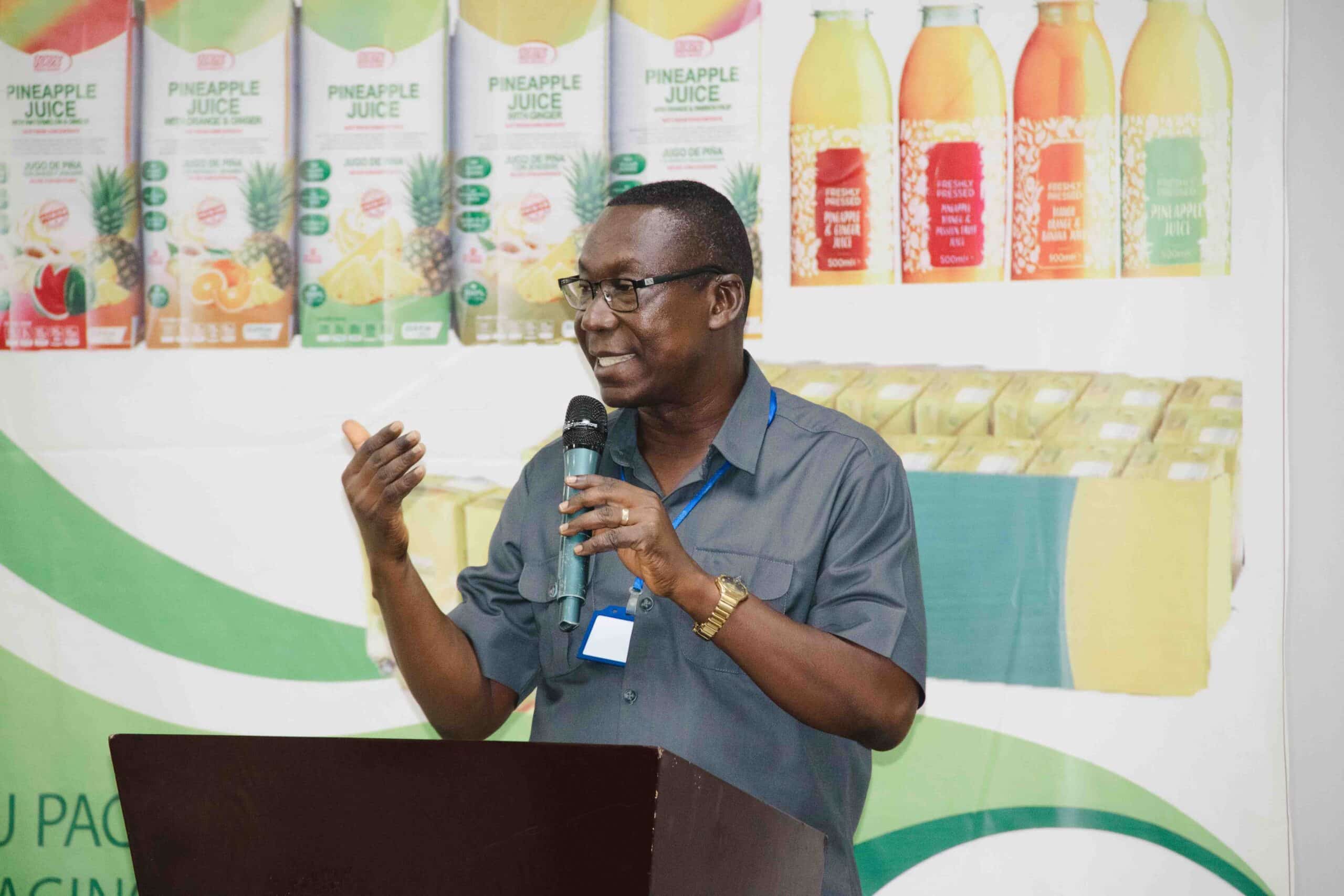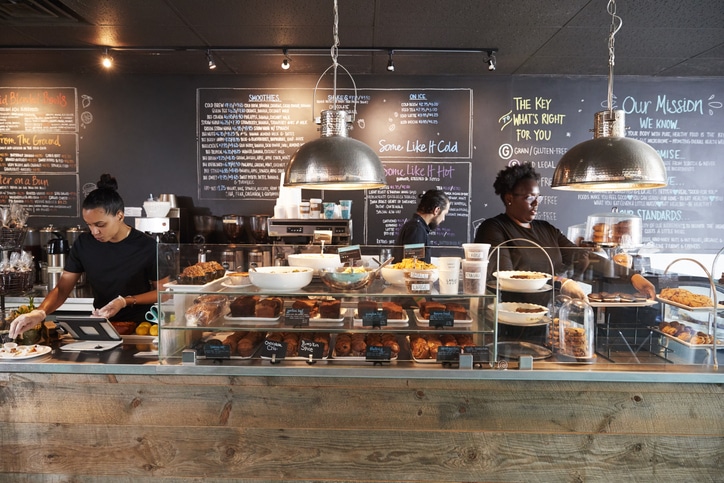The impact of coronavirus is being felt worldwide but there are differences in the effects on food security and supply chains specific to regions and individual countries. This week the BBC ran a comprehensive report on this very subject, focusing on Arab nations, and it included Farrelly Mitchell’s own analysis of the current scenario.
Each country has its own particular challenges. In Saudi Arabia and the UAE, food security is generally sound, but particular sectors are suffering as a result of the conditions imposed by efforts to contain the virus.
This is particularly evident for perishable goods and there is also present a greater motivation to diversify the sources of food being imported into these countries.
Saudi Arabia and the United Arab Emirates, “are also keen to diversify the sources of the food they import,” said Eng. Najeeb Hamad Al-Hamid, Director of the Middle East and Africa Region at Farrelly Mitchell Consulting Services in Food and Agriculture.
While supply chains and storage practices have given resilience to food security in some respects, there are concerns about the implications of the crisis persists well into 2020.
Neighbouring countries in the Gulf and other Arab states such as Yemen have to contend with conflict, while unemployment and labour shortages are also adding to the complexity of problems governments and private industry must strategise their way out of during the pandemic, so as to ensure food supplies are maintained.
Stay up to date on Farrelly Mitchell’s perspective on the evolving coronavirus crisis, what it means for food and agribusiness and how our services can help businesses to adapt and overcome the challenges ahead.
Contact Farrelly Mitchell
As is evident from the Covid-19 pandemic, any number of unforeseen disasters can cause widespread disruption to food production and food security. To mitigate the risks posed by such disasters, the agrifood industry must work toward building more resilient, sustainable, and reliable food systems.
At Farrelly Mitchell, our food systems specialists deliver strategic solutions aimed at enhancing food security, increasing food production, and reducing food loss & waste. Through our risk analysis & management services, we can identify potential disruptions and implement strategies to proactively address them and future-proof your business operations. To learn more, contact Farrelly Mitchell today.














